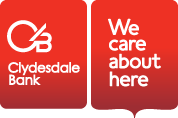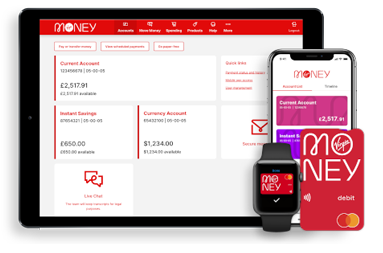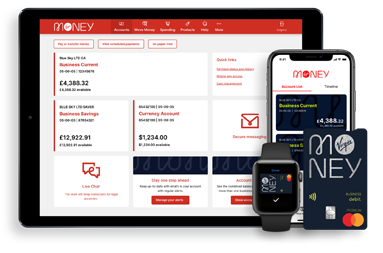Leasing or buying assets – the pros and cons
< back to all business news articles
28/08/2017
Whether you need to purchase a vehicle, some computer equipment, or a bigger warehouse to expand your business or to operate more effectively, take the time to consider how each purchase might impact your operating capital.

Decide to buy
Usually long term it’s cheaper to buy an asset than lease it. Remember you won’t be able to claim the entire amount paid as a business expense – the value of asset is depreciated over several years.
Buy if:
- The asset plays an integral role in your overall business success and you use it all the time.
- You want control over the asset.
- It’s easy to update or upgrade or has the ability to scale up if demand increases.
- There is a good second-hand market if you eventually want to sell it.
- The supplier has great support and maintenance is either easy for you to do, or they have a programme in place to help.
- You can source the piece of equipment second hand, so it’s more affordable.
Decide to lease
When you lease an asset, you’re renting it for a set period of time. The leasing company retains ownership of the asset while your business has the exclusive use of it for the term of the lease.
Lease if:
- The asset could become obsolete fast and will need updating soon.
- You don’t want to spend your cash reserve or go into debt.
- The asset needs specialist support and you don’t want to employ a full-time person to manage it.
- You’re unsure how long you’ll need the asset for, and prefer to lease over a shorter time until it’s proven.
- You’re unsure of current market demand and may need to upgrade (or downgrade) in the near future. You don’t want to be stuck with an asset that is either too small/fast or too big/slow.
- You want to maintain a cash buffer to invest in more stock, develop a new product or service, or just use as spare working capital to keep the business ticking.
A lease will typically run for anything between 12 and 60 months. Once the agreement is entered into, both parties are obligated to see out the term of the lease.
Throughout the course of the lease agreement, you’ll pay the lender regular instalment payments for the right to use that asset. For accounting and bookkeeping purposes, some leases can be classified in the same way as an asset purchase and can be capitalised on your balance sheet.
Borrowing to buy
A hybrid option is to finance the asset with a bank loan. You get the benefits of both; you own the asset and have monthly repayments:

- You preserve your cash.
- Possibly you can buy an asset that is more than your cash reserves.
- You may be able to use a business credit card to fund the purchase.
Talk to us about our range of asset finance solutions – we can help expand your business without tying up your finances.
Important questions to consider
Before deciding whether to buy or lease, it's prudent to take a few important factors into account, such as:
- How long will you need the asset for? Is it for a short-term project?
- Is it cost effective? Will the extra business you make cover the expense of leasing or purchasing?
- Will the asset become outdated in the near future? For example, signing a five year lease on a computer that will become obsolete in three years doesn't make much sense.
- What are your current financial priorities? Are there other purchases that should be made first?
Consider upgrades and maintenance costs
There are usually options where the lease agreement can include upgrading the asset to a newer model once the agreement expires.
Likewise, some lease agreements may also include maintenance and servicing costs. By leasing some assets, you could avoid paying any upkeep costs associated with them, saving your business money over the long term.
It's important to look closely at any lease agreement before you sign it. You may find that some agreements:
- Give you the opportunity to purchase the asset at a reduced cost when the lease expires.
- Allow you to exchange the asset and upgrade to a newer model when the lease expires – as long as you enter into a new agreement at the same time.
Always be sure that you understand the terms of an agreement before you sign it. It's also smart to run a cost comparison and a cash flow analysis between leasing an asset and buying one with funds from a small business loan.
Summary
Discuss with your accountant the potential impact that leasing or purchasing may have on your cash flow and ask what alternative options might be available.
Advice and resources
POSTED IN: Finance advice,2017
SHARE
Related Articles
You can find impartial information and guidance on money matters on the “MoneyHelper” website.
Clydesdale Bank is covered by the Financial Services Compensation Scheme (FSCS), Find out more.


